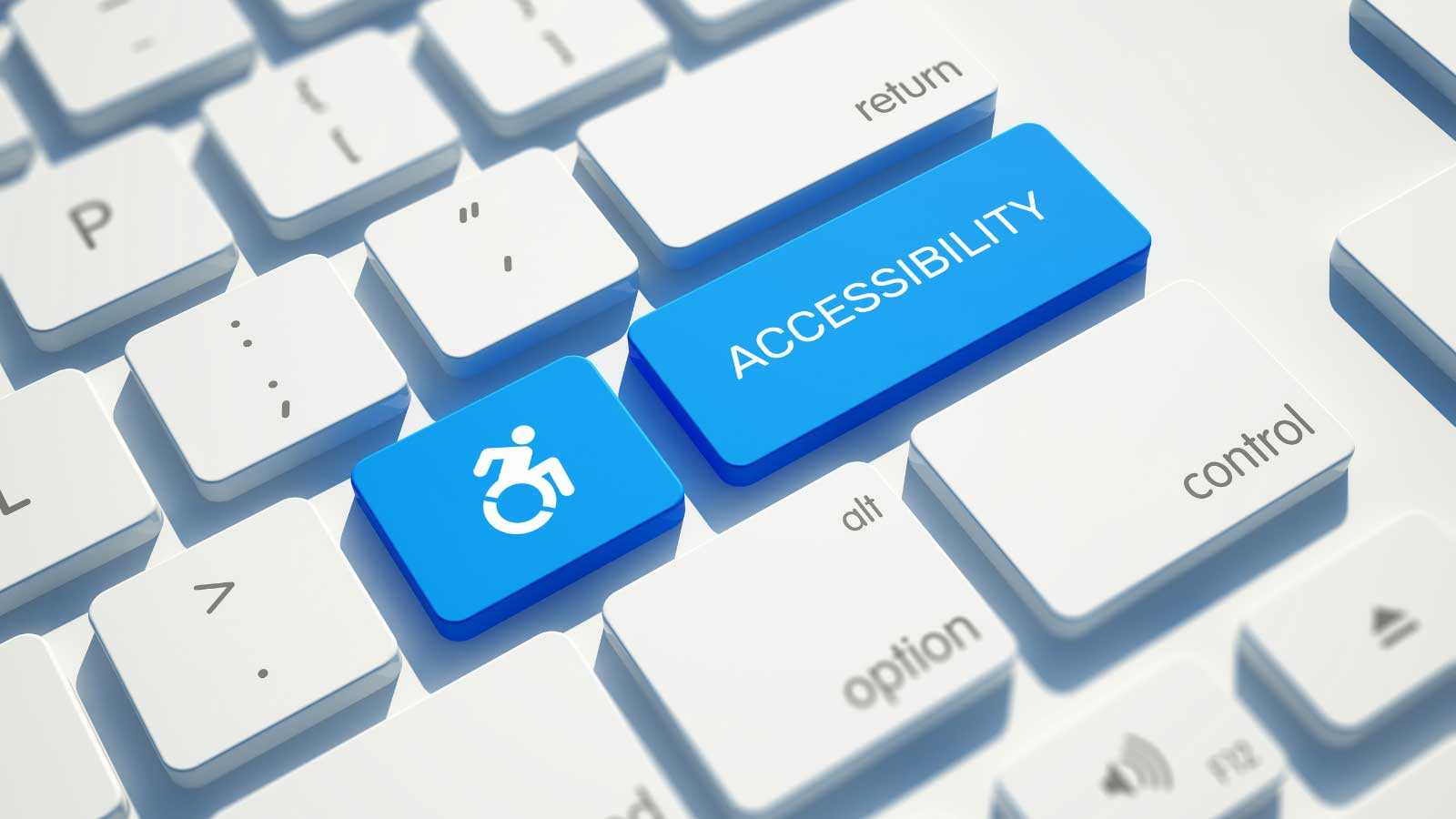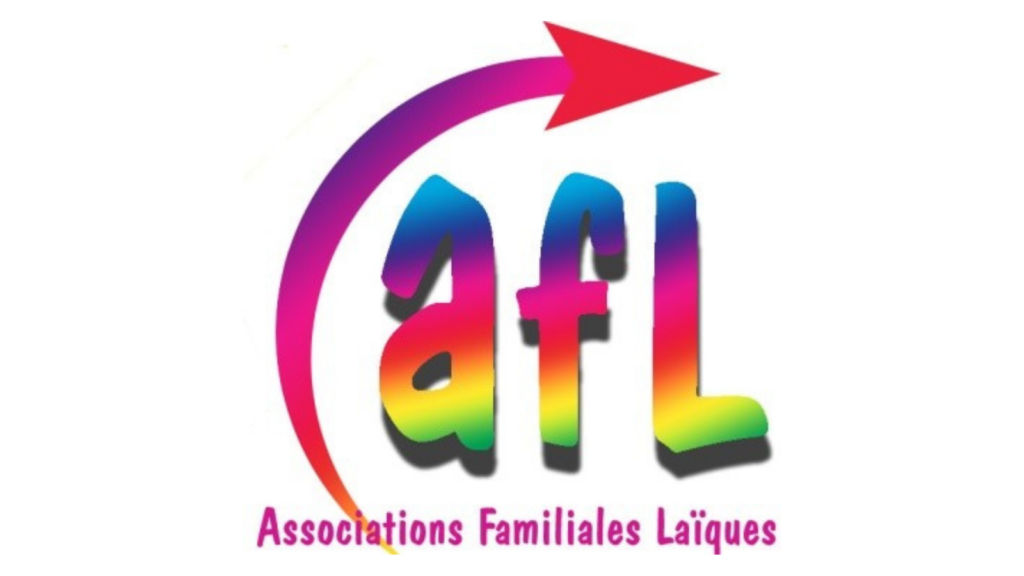On the basis of the Web Accessibility Directive, all websites and apps of the public sector in the EU are now required to be accessible to persons with disabilities.
The European Commission has opened a public consultation to gather data and stakeholder views to support the evaluation of the Web Accessibility Directive and its implementing acts.
The consultation aims at collecting views of all interested stakeholders including Member State, regional and local authorities; independent bodies dealing with accessibility, NGOs and organisations representing persons with disabilities and older people, industry players and technology providers, academic and certification bodies, accessibility experts, and citizens, especially persons with disabilities or functional limitations, and older people.
All these stakeholder groups are expected to have opinions and insights on what has changed because of the directive and its implementing acts, are they still fit for purpose, what is the impact of recent technological advancements and are there still gaps in terms of what is needed for more inclusive and accessible online public sector content.
A very short easy-to-read questionnaire is also published here, accessible to everyone, including persons with cognitive disabilities.
The consultation will help assess to what extent the directive and its implementing acts:
– have made it easier for people with disabilities to access public services and information, strengthening social and digital inclusion;
– are still relevant and fit for purpose, in light of related laws and changes in technology, and
– have harmonised the web-accessibility market.
The results of the consultation will also inform possible future policy initiatives related to web accessibility.
You can contribute to this consultation by filling in the online questionnaire, available in all official EU languages. If you are unable to use the online questionnaire, please contact us using the following email address : cnect-wad-review@ec.europa.eu
The deadline for responding is 25th October 2021.
More information here.
Photo: ©GOCMAN via Canva.com





